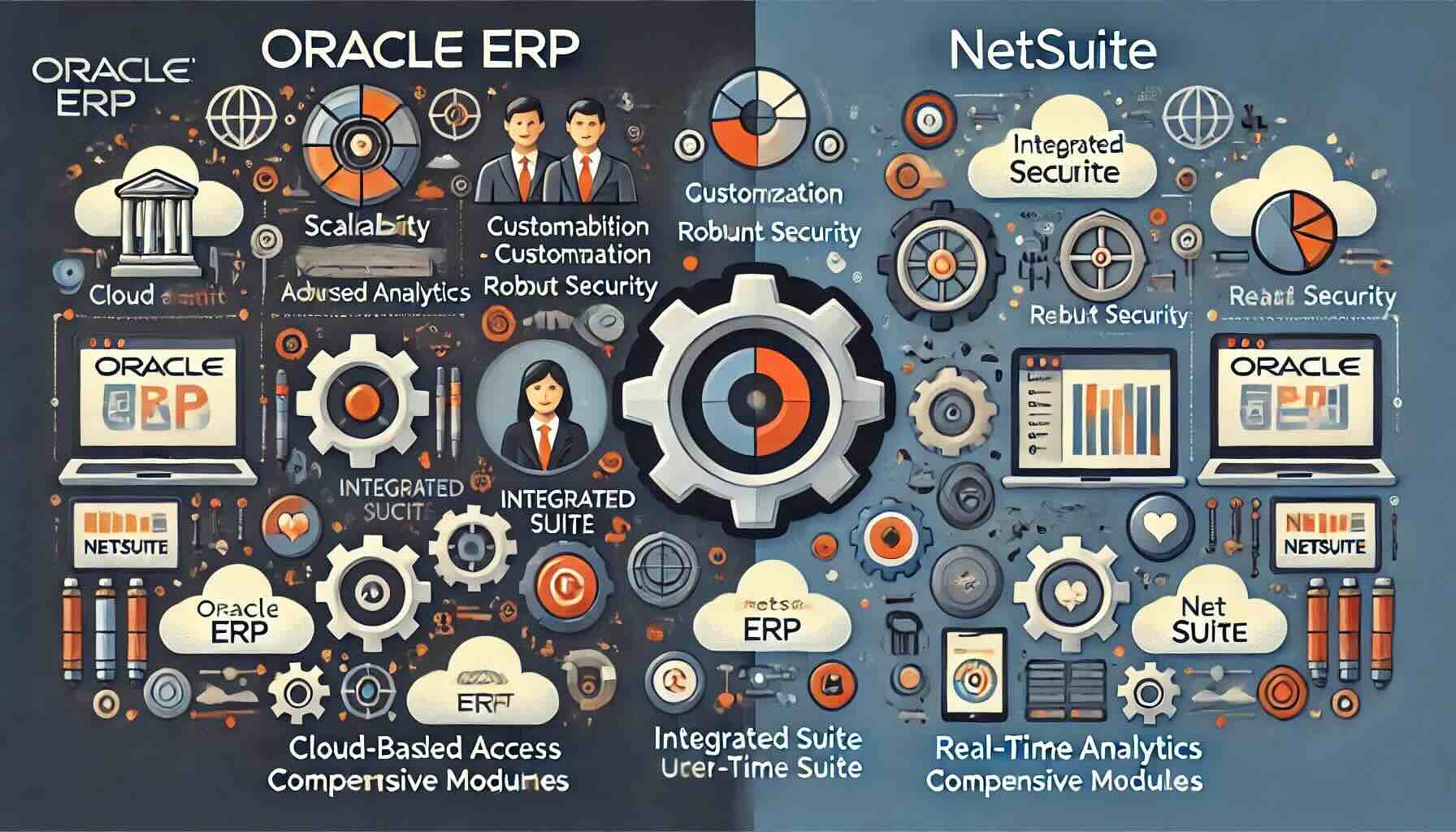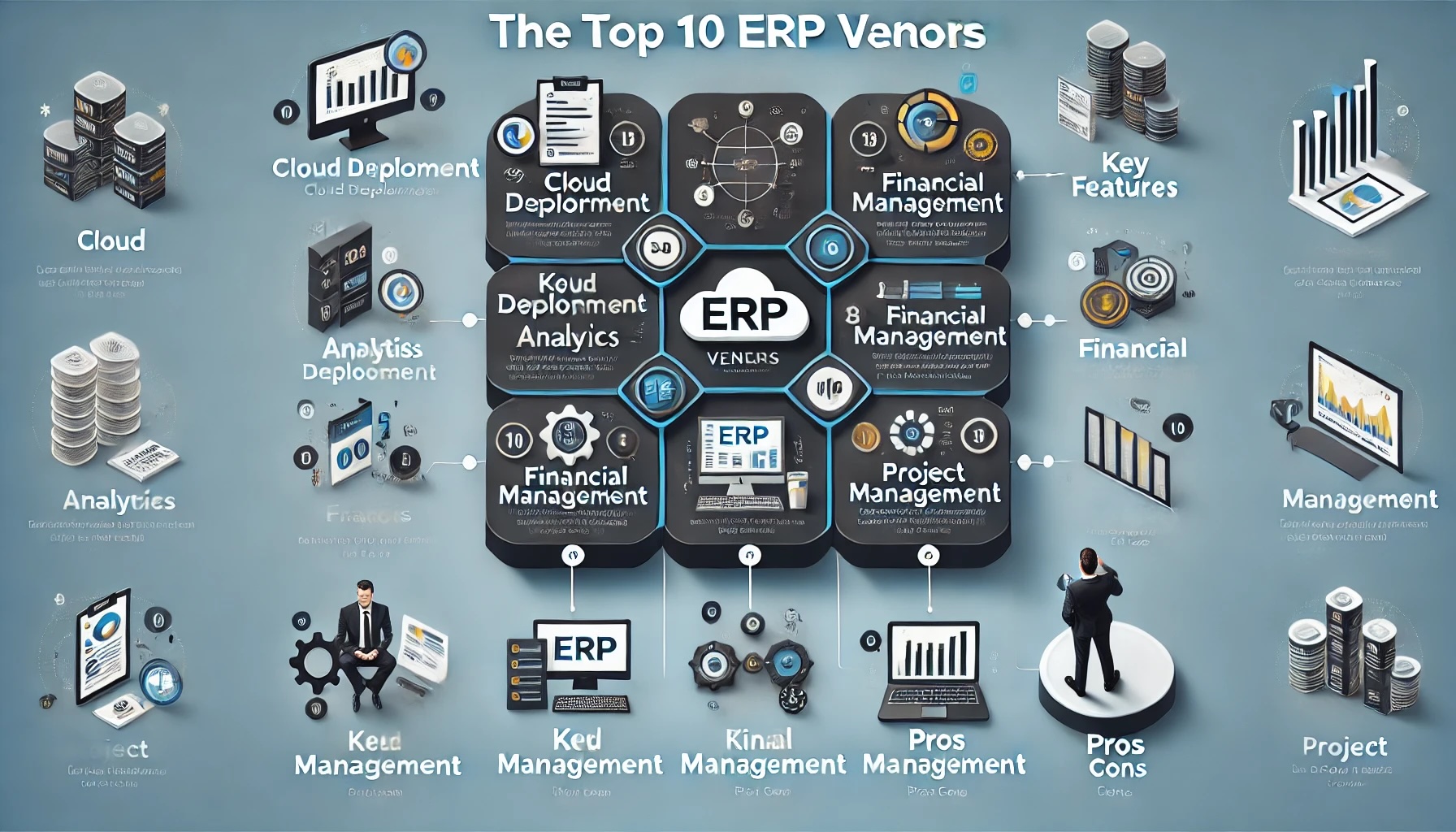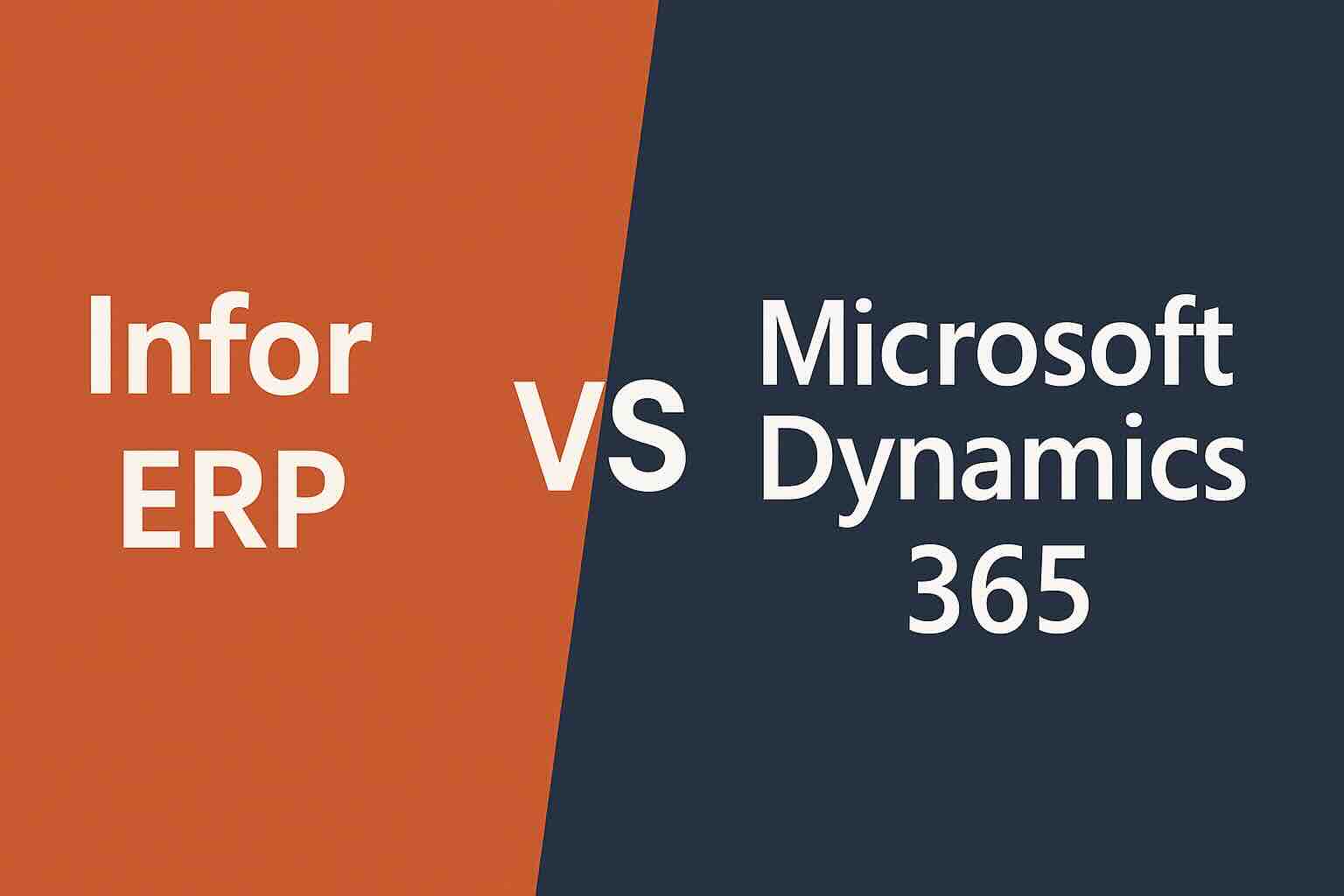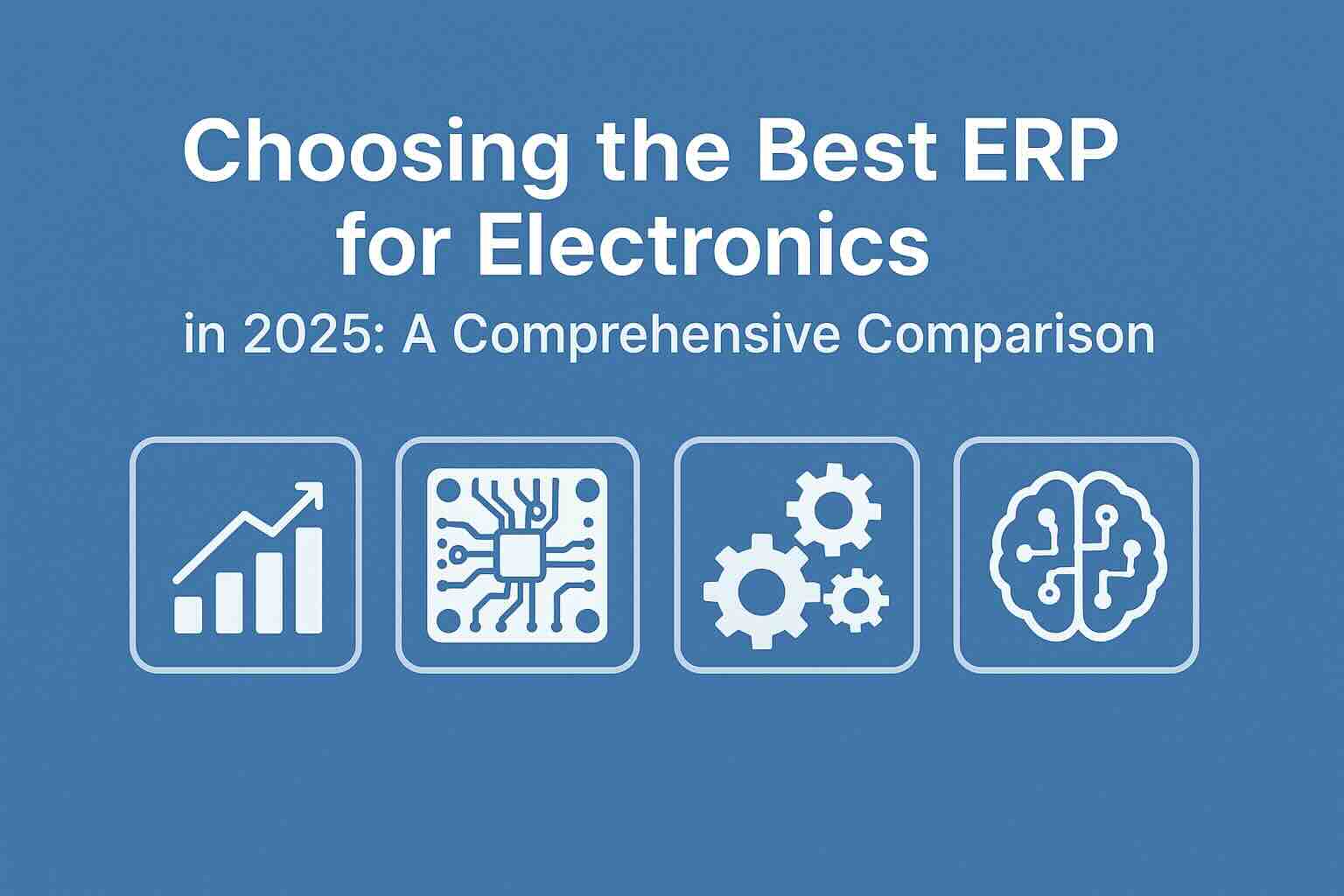Is Plex a Good ERP for the Electronics Industry?

In the fast-paced and competitive electronics industry, managing complex supply chains, high-volume production, and stringent quality standards is a constant challenge. Enterprise Resource Planning (ERP) systems have become indispensable for companies seeking to streamline operations and stay competitive. Among the many ERP solutions available, Plex has gained attention for its cloud-native platform. But is Plex the right choice for electronics manufacturers? Let’s dive into the specifics.
What is Plex?
Plex is a cloud-based ERP platform designed to support manufacturing industries by offering end-to-end visibility and control over business processes. Known for its flexibility and scalability, Plex is especially popular in industries such as automotive, food and beverage, and industrial equipment. But its robust feature set and cloud-first approach make it a compelling option for electronics manufacturers as well.
Key Features of Plex for Electronics
The electronics industry requires ERP systems to handle unique challenges such as short product lifecycles, complex bills of materials (BOM), and rigorous regulatory compliance. Here’s how Plex measures up:
1. Cloud-Native Architecture
Plex is a fully cloud-native ERP solution, which means users can access the system anytime, anywhere. This is particularly valuable for electronics companies with global supply chains and distributed manufacturing operations. The real-time visibility provided by Plex ensures that all stakeholders are aligned, no matter where they are.
2. Inventory Management
Managing inventory effectively is critical in the electronics industry, where components are often expensive and subject to obsolescence. Plex offers advanced inventory tracking with features like lot traceability, serialized tracking, and real-time updates. These capabilities help minimize waste and optimize stock levels.
3. Production Management
Electronics manufacturing often involves high-mix, low-volume (HMLV) production and intricate assembly processes. Plex’s production management tools include automated workflows, detailed scheduling, and seamless integration with shop-floor systems. This helps manufacturers reduce downtime and maintain consistent product quality.
4. Regulatory Compliance
Electronics manufacturers must comply with various global standards and regulations, such as RoHS, REACH, and ISO certifications. Plex helps streamline compliance with built-in traceability, audit management, and document control tools. These features simplify the process of adhering to industry regulations and passing audits.
5. Quality Management
Quality control is paramount in the electronics industry. Plex’s integrated quality management system (QMS) ensures that manufacturers can monitor and maintain quality standards at every stage of production. Features such as automated inspection checks and root cause analysis help reduce defects and improve customer satisfaction.
6. Data-Driven Decision-Making
Plex’s robust analytics and reporting tools empower electronics manufacturers with actionable insights. From tracking production efficiency to analyzing customer demand patterns, the system provides real-time data that supports better decision-making and enhances operational efficiency.
Benefits of Using Plex for Electronics Manufacturing
- Real-Time Visibility
With Plex’s cloud-native platform, electronics manufacturers gain real-time visibility into their operations. This is particularly useful for tracking supply chain disruptions and ensuring timely delivery of components. - Improved Collaboration
The electronics industry relies heavily on collaboration between suppliers, manufacturers, and distributors. Plex’s unified platform fosters better communication and coordination across the value chain. - Cost Efficiency
By reducing manual processes and integrating operations, Plex helps lower operational costs. Its cloud-based model eliminates the need for costly on-premises infrastructure. - Scalability
Plex’s scalability makes it a great fit for electronics manufacturers of all sizes. Whether you’re a small startup or a large multinational corporation, Plex can adapt to your business needs. - Customization
The platform is highly configurable, allowing electronics manufacturers to tailor workflows and processes to their unique requirements.
Challenges to Consider
While Plex offers many advantages, it’s important to evaluate potential drawbacks:
- Implementation Time
Implementing an ERP system like Plex can be time-consuming, particularly for companies transitioning from legacy systems. Adequate planning and resources are essential for a smooth rollout. - Training Requirements
As with any ERP system, employees need proper training to use Plex effectively. The initial learning curve may be steep for teams unfamiliar with cloud-based solutions. - Cost of Subscription
While the cloud model reduces upfront costs, Plex’s subscription fees may be a concern for smaller companies. It’s crucial to assess the total cost of ownership (TCO) before committing.
Success Stories: Electronics Companies Using Plex
Several electronics manufacturers have successfully implemented Plex to streamline operations and boost efficiency. For example:
- ABC Electronics leveraged Plex to improve inventory management, reducing component waste by 20%.
- XYZ Circuit Solutions used Plex’s analytics tools to optimize production scheduling, cutting lead times by 15%.
These examples highlight the tangible benefits Plex can bring to electronics manufacturers when implemented effectively.
Is Plex the Right Choice for Your Electronics Business?
The decision to adopt Plex—or any ERP system—depends on your company’s specific needs and goals. Plex’s cloud-native architecture, robust feature set, and focus on manufacturing make it a strong contender for the electronics industry. However, it’s essential to conduct a thorough evaluation, including a needs assessment and ROI analysis, to determine if it’s the best fit for your business.
Conclusion
Plex stands out as a versatile and powerful ERP solution for electronics manufacturers. Its ability to address industry-specific challenges, from regulatory compliance to quality management, makes it a viable option for businesses looking to enhance efficiency and agility. If you’re searching for an ERP platform that can keep up with the demands of the electronics industry, Plex for electronics is certainly worth considering.
To find out more about Plex you can visit this link.
To compare Plex with 100s of other ERP solutions, you can use our new AI-powered Compare ERP tool. It’s free to use and you get a guaranteed discount on your first year’s licence fees with a referral from Compare ERP.









